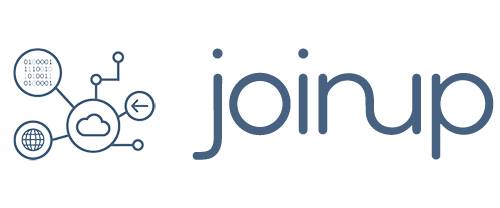Join ISA²’s collaborative platform to find, reuse and share a wealth of ready-to-use interoperability solutions for eGovernment and best practices and discuss with your peers!
/isa2/file/190325-logo-joinup-bluepng_en190325-logo-joinup-blue.png

The European Interoperability Framework (EIF) government report on Interoperability Solutions for Public Administrations, Businesses and Citizens is now online. This study was carried out under the ISA² Programme with the objective to support the development of digital solutions that enable public administrations, businesses and citizens in Europe to benefit from interoperable cross-border and cross-sector public services.
The outcome of this study will contribute to the implementation of the following points of the Interoperability Action Plan:
Building on previous work, the study analyses and provides recommendations on the implementation of two concepts from the EIF: integrated public service governance and organisational interoperability. These recommendations aim to help public entities to develop and deliver more effective and integrated public services.
The report follows a multiple case study approach to develop its recommendations and uses a roadmap for integrated public services to present the key phases and decisions that are needed to provide an integrated public service.
The roadmap is also used to build a more comprehensive understanding of organisational interoperability, identifying the points in the development of an integrated public service when decisions related to this concept are made. The phases defined in the roadmap are:
Click here to access the full report.